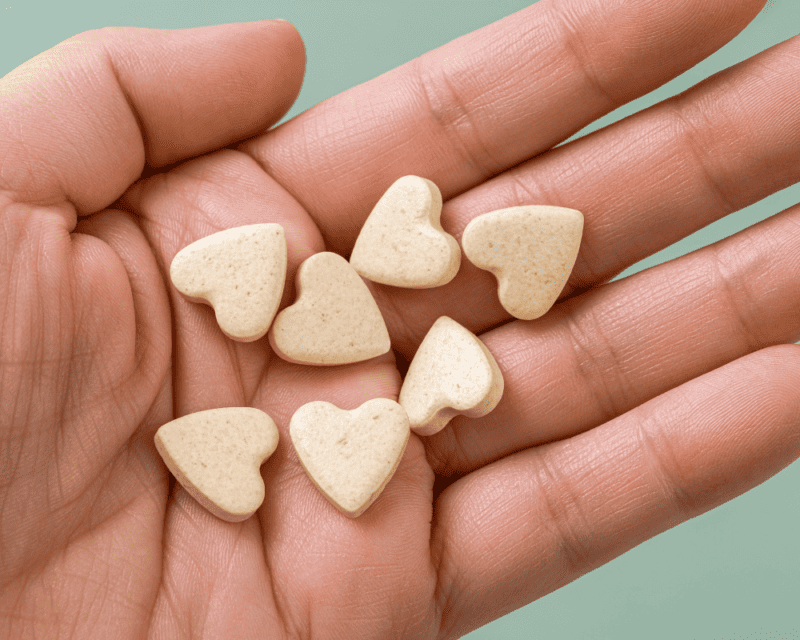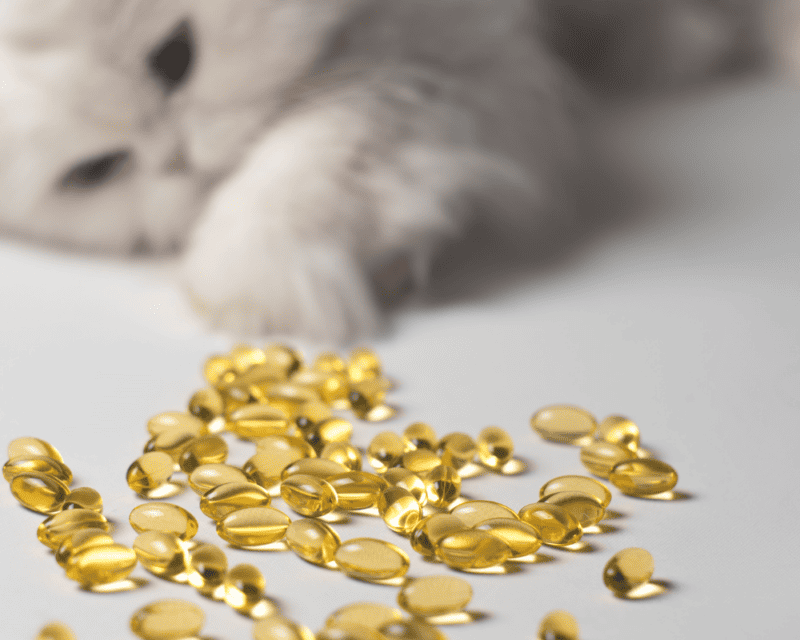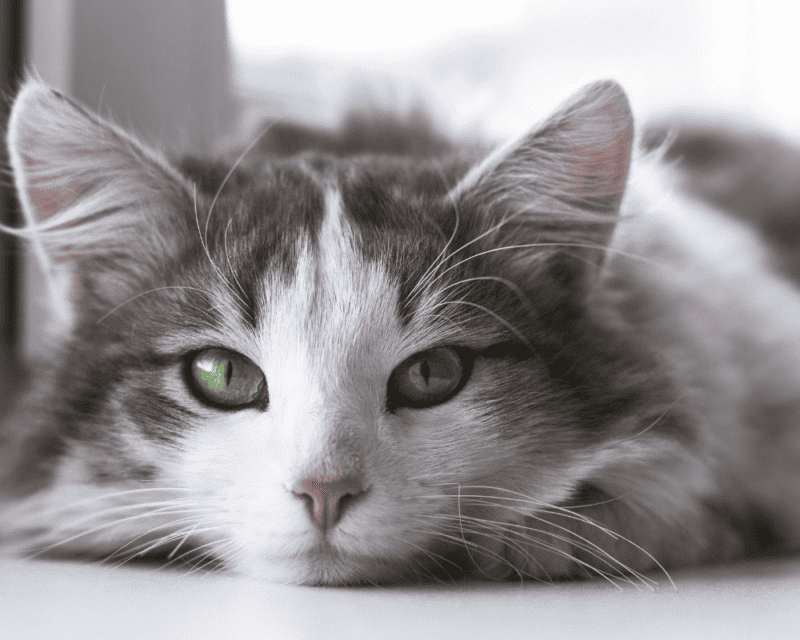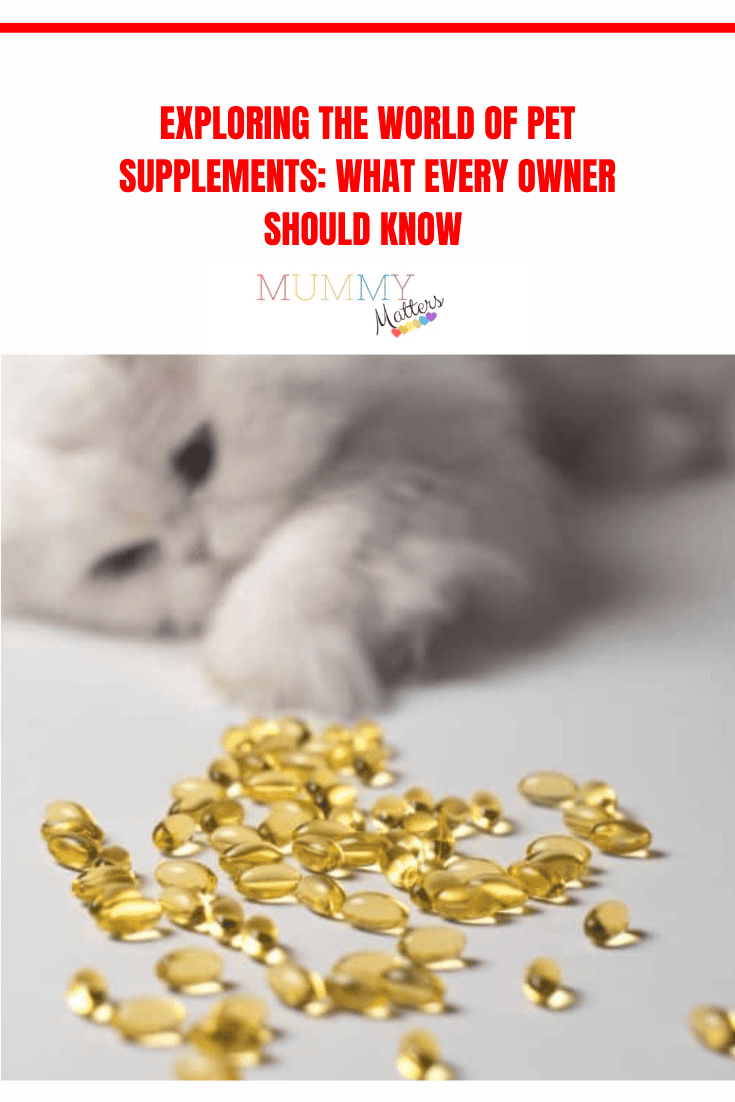As pet owners, we all want our furry friends to lead happy and healthy lives. While a balanced diet is crucial, sometimes our pets might need a little extra help to stay in top shape. This is where pet supplements come into play. In this article, we’ll delve into the world of pet supplements, with a focus on cat supplements and a popular option – cat salmon oil.
Understanding the Need for Supplements

Just like humans, pets can benefit from supplements in various ways. These supplements can provide essential nutrients that may be lacking in their regular diet or help address specific health concerns. However, it’s essential to consult with your veterinarian before adding any supplements to your pet’s routine. They can guide you on which supplements are suitable for your pet’s individual needs.
Dietary Gaps
Dietary gaps can occur for several reasons. Sometimes, commercial pet foods may not provide all the nutrients your pet needs. Additionally, factors like age, breed, and health conditions can affect your pet’s dietary requirements. Supplements can help fill these nutritional gaps and ensure your pet receives the necessary vitamins, minerals, and fatty acids for optimal health.
Exploring Cat Supplements

There is a wide range of cat supplements available on the market. These supplements cater to various needs, from supporting joint health to improving skin and coat conditions. Let’s take a closer look at some common cat supplements you might come across:
1. Multivitamins
Multivitamins for cats can provide a well-rounded source of essential vitamins and minerals. They are often recommended for cats with dietary deficiencies or those requiring an extra nutrient boost.
2. Joint Supplements
Joint supplements are essential, especially for senior cats or those with arthritis. These supplements usually contain ingredients like glucosamine and chondroitin, which support joint health and mobility.
3. Omega-3 Fatty Acids
Omega-3 fatty acids, often found in fish oil supplements like salmon oil, are fantastic for promoting healthy skin and a shiny coat in cats. They can also have anti-inflammatory properties and may benefit cats with certain skin conditions.
4. Probiotics
Probiotic supplements can help maintain a healthy balance of gut bacteria in your cat’s digestive system. They are often recommended during or after illness, antibiotic use, or to alleviate digestive issues.
5. Hairball Remedies
If your cat is prone to hairballs, supplements designed to reduce hairball formation can be helpful. These often contain fibre and lubricants to assist in passing hair through the digestive system.
The Benefits of Cat Salmon Oil

Among the various supplements, salmon oil for cats is gaining popularity for its numerous benefits. Here’s why many cat owners are turning to this fishy supplement:
1. Healthy Skin and Coat
Salmon oil is rich in omega-3 fatty acids, particularly EPA and DHA. These fatty acids are known for promoting healthy skin and a shiny coat in cats. Regular supplementation can help reduce dryness, itching, and flakiness.
2. Joint Health
Omega-3 fatty acids also have anti-inflammatory properties, which can be beneficial for cats with joint issues or arthritis. Salmon oil may help reduce joint pain and improve mobility in older or arthritic cats.
3. Heart Health
The omega-3s in salmon oil are good for the heart. They can help lower the risk of heart disease in cats and improve overall cardiovascular health.
4. Immune Support
Salmon oil contains vitamins and antioxidants that support a cat’s immune system. A robust immune system helps protect your cat from illnesses and infections.
5. Brain Health
Omega-3 fatty acids are not only beneficial for the skin and joints but also for the brain. They may support cognitive function in ageing cats, helping to maintain their mental acuity.
How to Choose the Right Supplement

With so many options available, it’s crucial to make informed choices when selecting supplements for your cat. Here are some tips to help you navigate the supplement aisle:
Consult Your Veterinarian
Before adding any supplement to your cat’s diet, consult with your veterinarian. They can assess your cat’s specific needs and recommend the most appropriate supplements and dosages.
Read Labels Carefully
When selecting supplements, carefully read the product labels. Look for supplements that are formulated for cats, as they will have the appropriate dosage and ingredients.
Quality Matters
Choose supplements from reputable brands known for their quality and safety standards. Look for products that have undergone third-party testing for purity and potency.
Monitor Your Cat
Once you’ve introduced a supplement, pay attention to any changes in your cat’s health and behaviour. If you notice any adverse effects, discontinue use and consult your veterinarian.
Conclusion
In the world of pet supplements, cat owners have a plethora of options to choose from. While supplements like cat salmon oil can offer numerous benefits, it’s essential to consult with your veterinarian before adding any new supplement to your cat’s diet. They can provide guidance on the right supplements and dosages to ensure your feline friend stays healthy and happy for years to come. Remember, the well-being of your pet always comes first! By making informed choices, you can contribute to your cat’s overall health and happiness.


